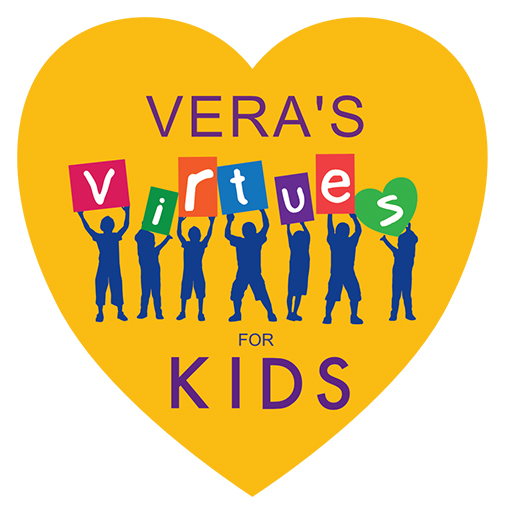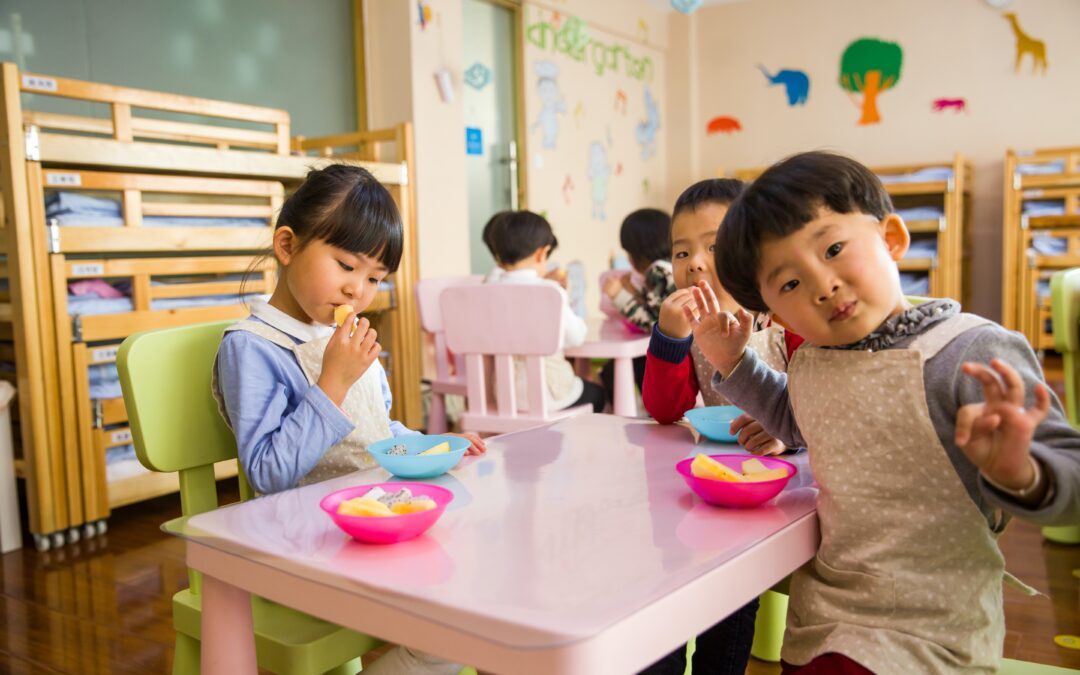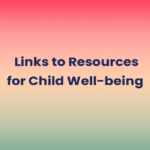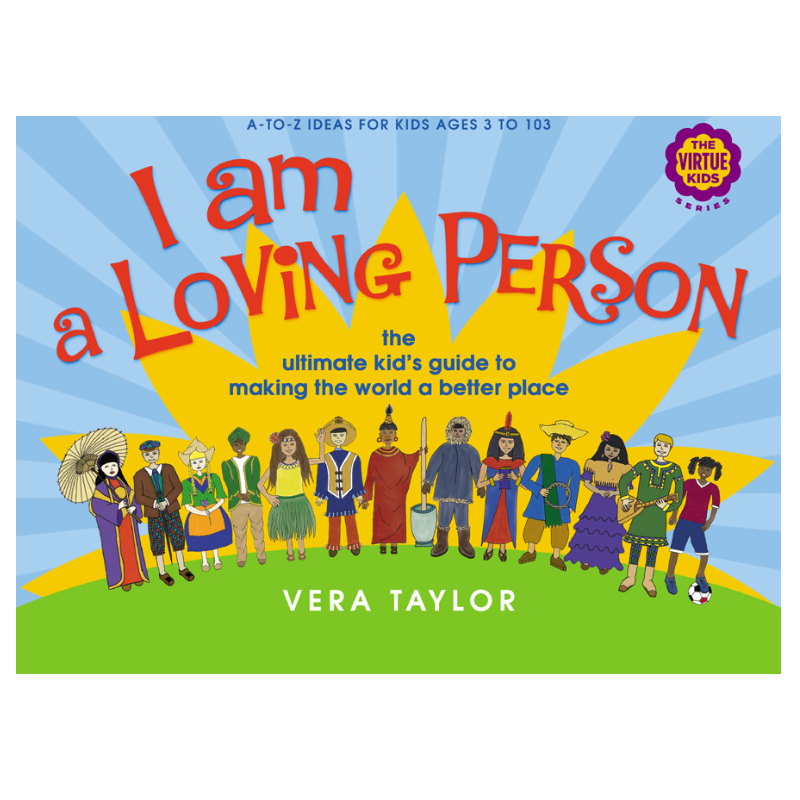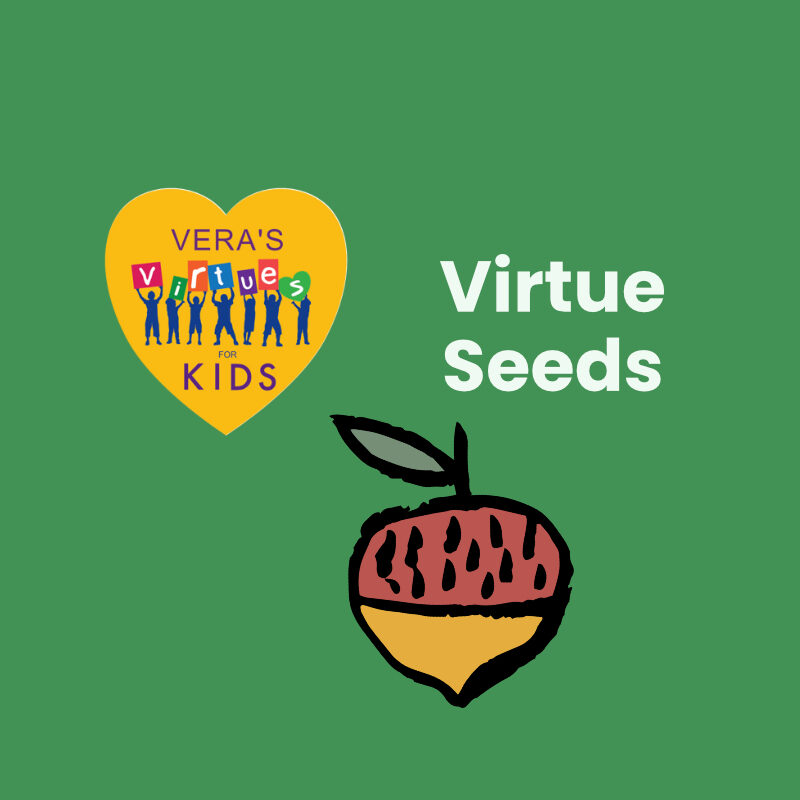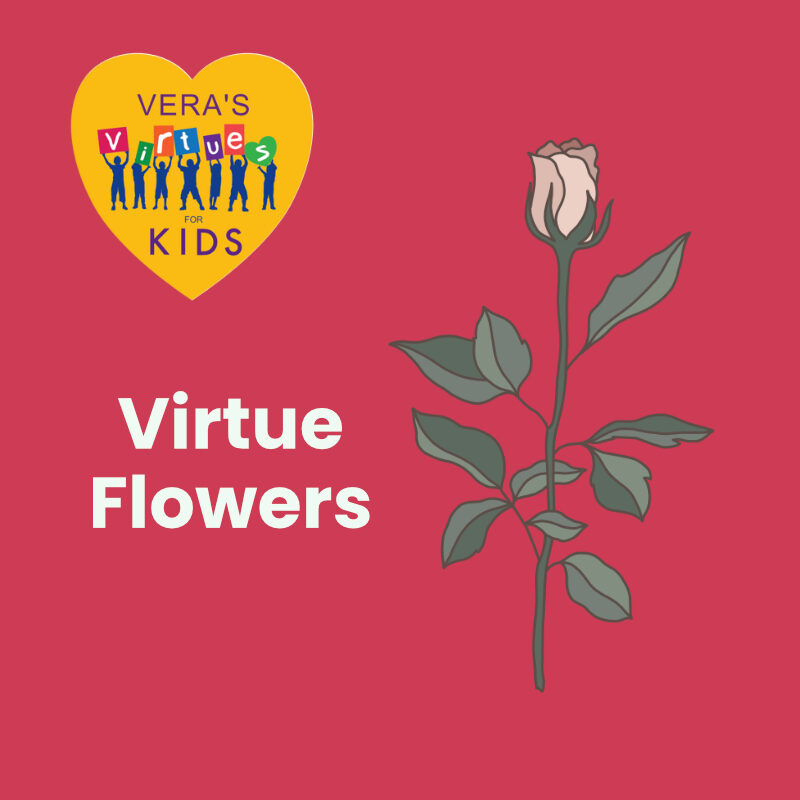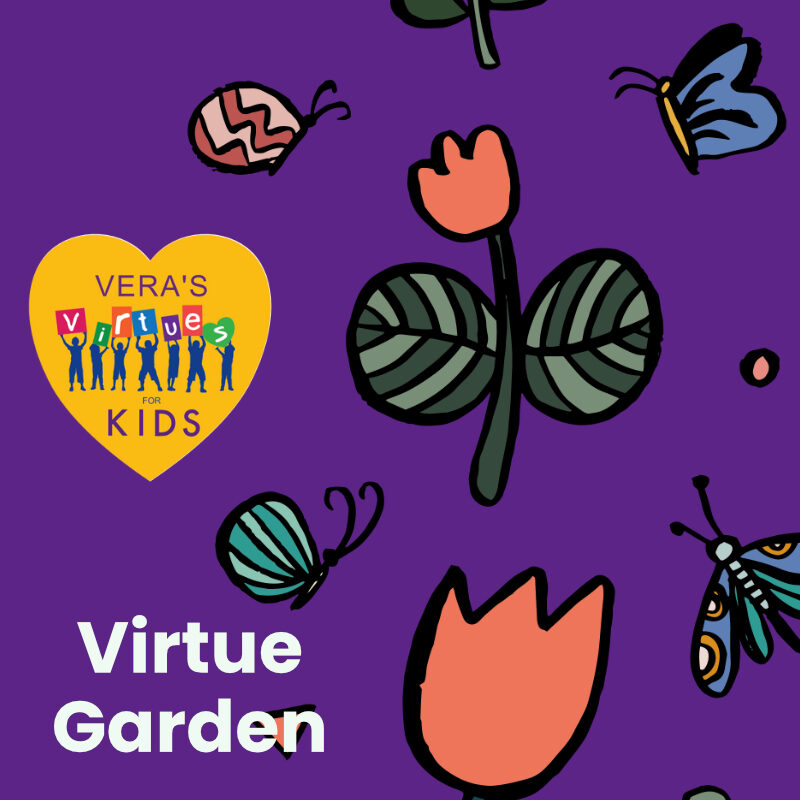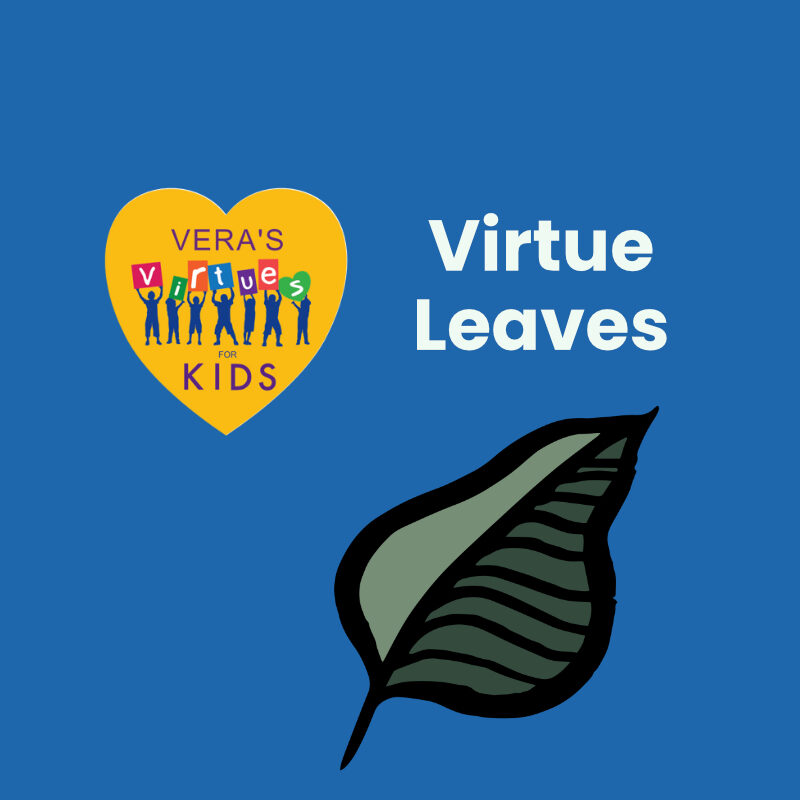1. What is Fair when children do something that they were told not to do?
According to Bambi Betts in the What’s Fair Truth Series for children, fairness incorporates two principles of justice – reward and punishment. For example, a child is told that it is not right to draw on the wall with crayons. Do not do it. Yet, the child draws a beautiful picture with crayons on the wall. Therefore, the child should be punished because he did something he was told not to do. Consequently, the crayons may be taken away for a day. The risk in not punishing teaches that writing on the wall is acceptable, and it may happen again. Punishing and not rewarding leaves the child feeling that no one cares. So, look for opportunities to show and tell children when they do something helpful or good. Reward them with a hug and/or a virtue acknowledgement because children need to feel accepted and important. They also need to be told what their behavior looks like.
2. Why is fairness important?
a. It creates a feeling of safety, trust, honesty, and respect. When you live, work, and play with
people who are fair, your dreams can come true.
b. It builds trust that is based on truthfulness.
c. It builds loving communities where people care about each other.
d. It fosters empathy because we get to see what others need that we may not need.
e. It ensures that everyone may live his life in the utmost comfort and welfare. (Abdul-Baha, Paris Talks, 1912).
3. What are examples of how children can practice fairness?
a. Admitting mistakes
b. Listening to the other person’s point of view
c. Playing by the rules
d. Taking turns
e. Telling the truth
f. Thinking about how their actions will affect others
g. Using the sharing circle to discuss feelings, role play, and solve problems
4. What are two Components of fairness?
- A desire to be fair and
- A desire to let others know that they are fair (Shaw et al., 2014).
5. What does equity have to do with fairness?
Equity is concerned with the fairness of an organization’s practice and policies. It is not an outcome, but a process focused on continuous attunement to ensuring equal access to opportunities for growth, development, and promotion. An organization can have representation but not have practices and policies that enable equal access to promotion and leadership positions for everyone (Center on the developing child at Harvard University).
All cultures do not view equity the same. Traditional Chinese culture especially emphasizes equity. For example, Confucius argued “Do not worry about poverty, but rather about the unequal distribution of wealth.”
Thought Questions
1. Several virtues are associated with fairness. What examples of behavior can you share that are related to helpfulness, empathy, patience, responsibility, acceptance, attentiveness, respect, obedience, creativity, compassion?
Here is one example. You show helpfulness when you teach a younger person how to play a game or to read their sight words.
2. What if anyone responsible for the developing child had access to standard information and resources to teach children about fairness?
3. What if equity was applied, at, school and in the community?
4. What feelings came up while reading this newsletter?
5. What are you grateful for today?
Affirmation: I am taking turns.
Please consider taking a few moments daily to join your learner in practicing the affirmation in a mirror. Remember children model what they see; and we become our thoughts.
Activity:
Mindfulness Activities for Kids from Headspace are science and history based. Of the 2,000 or more meditation apps out there, Headspace is one of the only ones committed to advancing the field of mindfulness meditation through clinically-validated research. This resource shows five ways to teach mindfulness to children under age 5, 6-8, and 9-12. It also points out the importance of the adult modeling to help children develop mindfulness habits by including 5 practice videos to. Also, one of the benefits of mindfulness is having empathy. Empathy is associated with fairness.
Quotation
Fairness isn’t about everything being equal, but about leveling the playing field so that people get what they need when they need it.(Barbara Gruener)
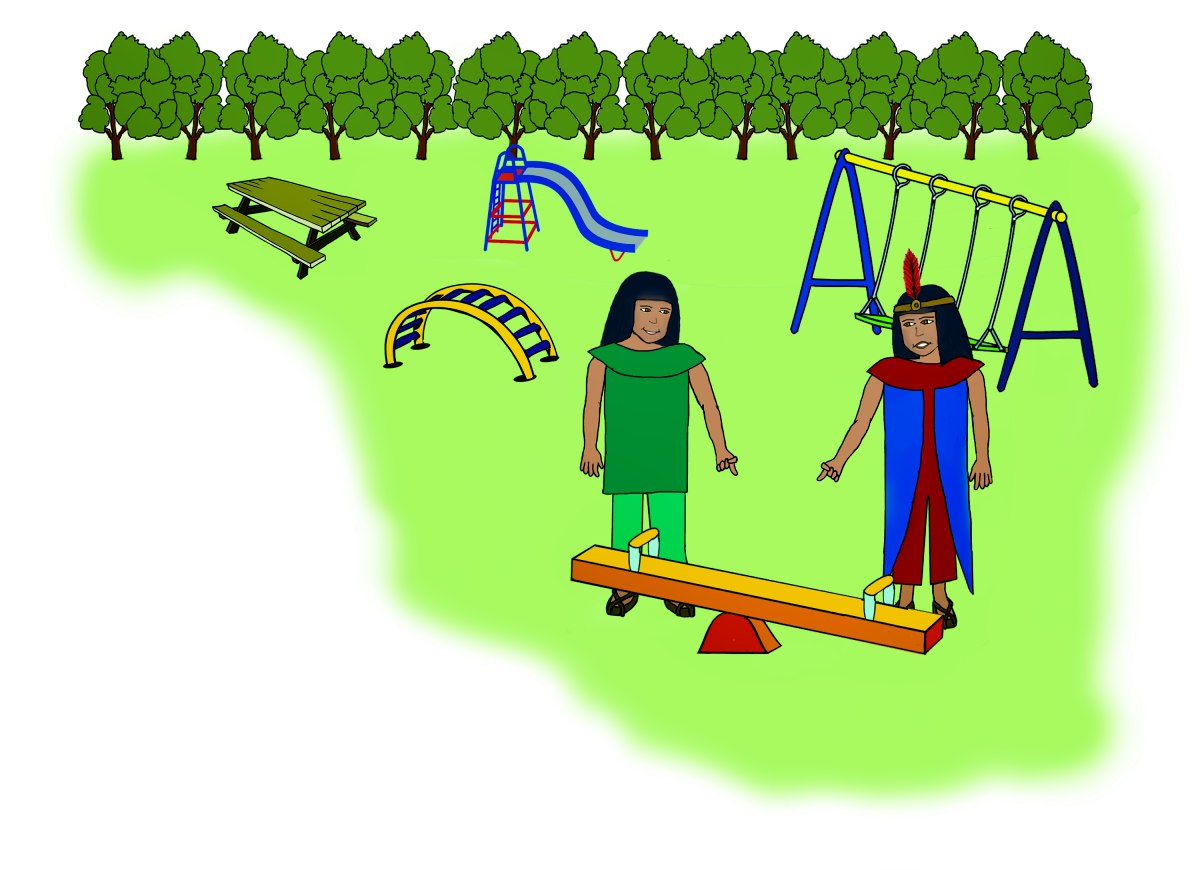
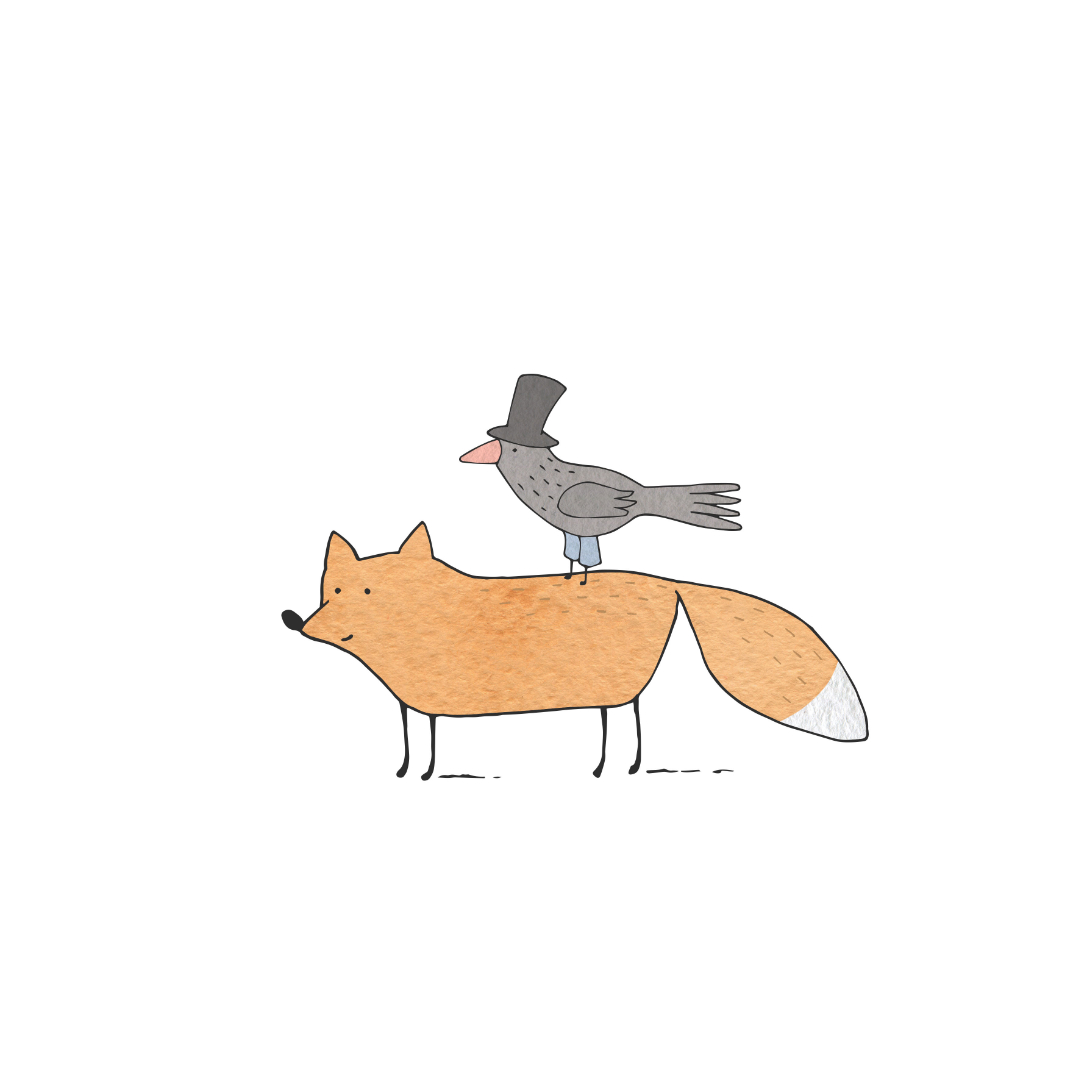

About the Author
Vera Smoot Taylor teaches child caregivers how to foster child well-being. Well-being is developed by early positive experiences and leads to normal brain development. Also, well-being is linked to happiness. Happiness is recognizable by high self-esteem, respect for all, follow through, love of learning, problem solving, and giving back. To supplement her teaching, Vera created a few basic resources that support brain development in three areas:
1. Spiritual and intellectual learning
2. Mental and emotional health
3. Relations and social behaviors
Vera’s work experience spans more than 35 years in public schools, private industry, and medical education. She served as a volunteer faculty for The Parent University in Atlanta. She currently serves on a national committee developing a course on spiritual parenting for racial justice.
Born and raised in WV, Vera lives in Georgia with her husband of 58 years. She enjoys country music, line dancing, and preparing meals that heal body illnesses. A special day is ‘back-porch swinging” with a friend.
